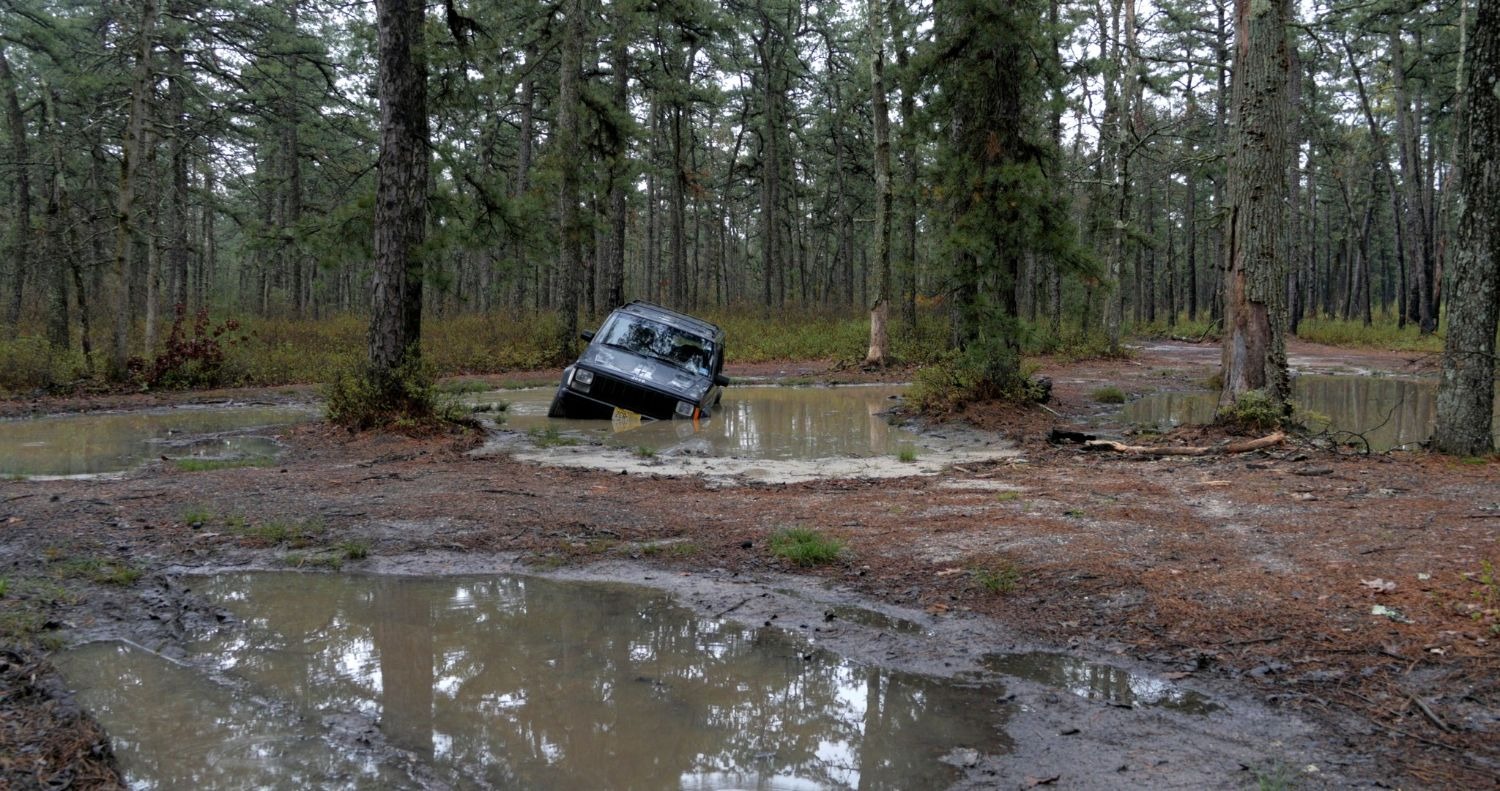 As the New Jersey Department of Environmental Protection (NJDEP) works to develop a plan for recreational uses at Wharton State Forest, we must continue to make our voices heard! Speak out now for stronger measures to protect the Pine Barrens from destructive activities such as: illegal off-road vehicle use, illegal dumping, illegal fires, and poaching that cause immense damage to natural habitats, historic sites, and designated trails. MAKE YOUR VOICE HEARD! NJDEP’s Visitor and Vehicle Use Survey seeks comments on what types of recreation the public enjoys, what areas of Wharton are most important to visitors, and what routes they use to access those activities. Comments are due by November 11, 11:59 p.m. New Jersey Conservation Foundation and the Pinelands Preservation Alliance developed a Google Earth map of 37 areas in Wharton that should be off-limits to motor vehicles in order to protect the plants and animals there as well as provide safe access for visitors to enjoy them. Important points to raise in the survey include: - With the exception of conservation officers on wildlife management areas, many law enforcement officers are treating illegal off-road vehicle activities with unacceptable leniency.
- Strict, effective, and consistent enforcement of existing federal and state regulations is needed now with existing resources.
- The state must dedicate more resources to law enforcement on public lands, in addition to stronger enforcement by existing officers.
- Travel management plans with detailed maps for our state lands must be developed based on the serious need to protect unique natural areas, cultural resources, and critical habitats while providing the public with safe access.
- The NJDEP needs to dedicate adequate staff resources to ensure that the routes and trails on these maps will be maintained, patrolled, and managed carefully in order to restore the public trust.
- More signage and barricades are needed in sensitive areas so that law-abiding users will know where they can go and the reasoning that specific sites are off limits.
- Better communication is needed with the public incuding more employees, like visitor services naturalists, who speak directly with the public. These naturalists help stop problems before they happen because they communicate the values of conservation to the public.
- Any permit for accessing state lands should be low-cost and cover a broad range of activities. Michigan State Parks has a form of this approach called a “recreation passport” that could be a model for New Jersey.
To view the map and more information about submitting comments to the NJDEP, see instructions here. |